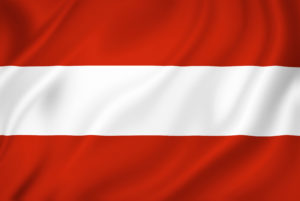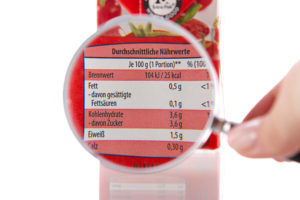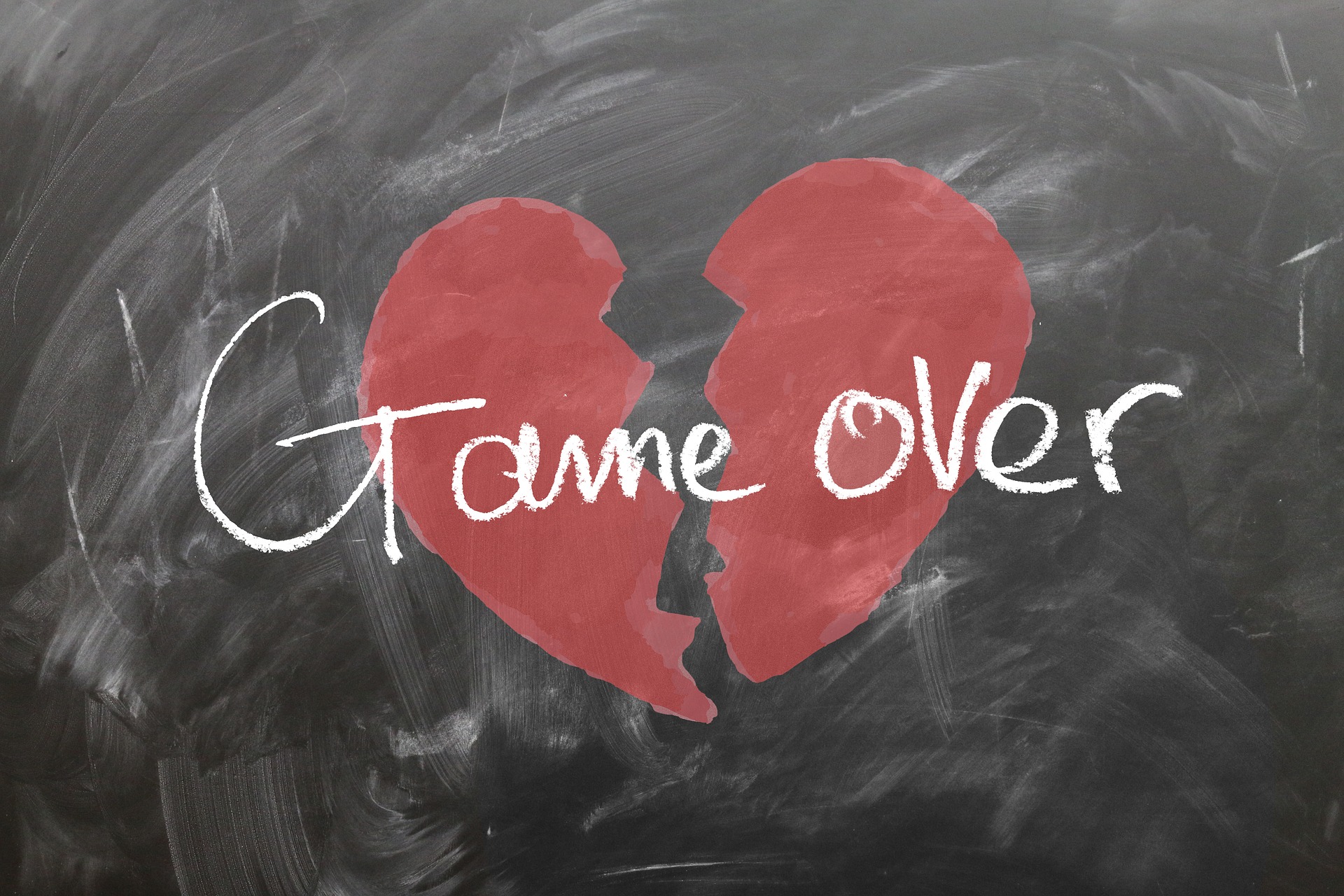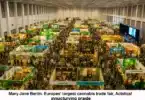Canaccord Genuity, a Canadian bank, initiated a report estimating the European cannabis market in 2018 has generated five times higher revenue than expected.
It estimated that products based on CBD, one of the most prominent cannabinoids, injected €750 million to €1 billion into the European market in 2018, compared to a €200 million euro estimate last August reported by Bloomberg. Multiple countries, like Austria and Switzerland, have capitalized on the CBD market.
That should have paved the way for more companies, investments, and an overall evolution in the market towards addressing consumer accessibility. But as the money came in, so did the government and big pharma, and as a result, regulations were put in place banning the sale of products until proper research, safety assessments and the necessary paperwork and registration is done. This was expected. Producers all around the EU were scrambling for the past year to sell as much as they could before regulations came through, and now they’re here.
Learn more about medical cannabis
Subscribe to our weekly newsletter
First was Spain with the ban of CBD as a food supplement by AEOCSAN, now came Austria’s turn. Austria is one of the most advanced and commercialized CBD markets in Europe who used to lead the cannabinoid revolution. Now, after government and alleged ‘big pharma’ intervention this advanced market is taking a step back.
This latest move is a distinct example of a global regulatory trend. Following Austria, other markets will abide by standardization and regulatory framework as this happens on a broad European level.

The Austrian government will implement heavy regulations on the CBD market
In December 2018, Austrian Minister For Social Affairs, Beate Hartinger-Klein, has announced the government’s intention to review the current status of CBD products in the country. Stricter regulations are being placed on a number of goods and law enforcement agencies are taking products off the shelves at retail and distribution centers. The Ministry also stated that CBD should be banned from cosmetics following the restriction of cannabis in cosmetics referred by the European law for cosmetic ingredients. This is based on the UN resolution for psychoactive substances 1961, meaning it’s officially confirmed that CBD foods and drinks, as well as cosmetics, will now need approval from the EU due to the ‘novel food’ status of CBD.
Austria, like many European countries, has a booming CBD market. A variety of smokables, edibles, sprays, tinctures, cosmetics, and other items have emerged in recent years. These products are found everywhere, from supermarket chains like Lidl, to pharmacies, confectionery shops, and even a vending machine.
So What Exactly Will Be Different Now?
Smoking products will not be banned but are likely to be subject to laws to prevent youth usage. Like e-cigarettes, these products will be for over +18 and come with warnings. The shipping and postage of smoking products will also be restricted, meaning global distribution will be banned. Plans to make smokeable CBD products available in specialist shops, also known as dispensaries have also been rejected by the Austrian Minister for Finance. It’s not just the CBD market that has been targeted in Austria. Earlier this year it was reported that the government wants to impose a ban on cannabis seeds and cuttings, which are currently legal in Austria and are a big part of the European multi-market distribution channels.
In Austria the retail shelves are empty while millions of euros in stock are now back in storage, and distribution centers are working around the clock on recalls and relabeling of current CBD stock. Wholesalers are returning their products and demanding their money back. Pharmacies selling GMP compliant CBD products have sent back their stock as well as demanded refunds. Small companies are going out of business and letting go of over 50% of their workforce. Investors and producers have also taken a step back and are re-evaluating the situation. Meanwhile, the people are left with no CBD products which have become a remedy for their illnesses and ailments.

Is it the end for Austria CBD market?
It was foreseeable that the Austrian government would take up the fight against CBD, as it had already announced it would do so in its programme. Nevertheless, many companies with CBD products in their portfolio were surprised when the Ministry issued a decree (an internal administrative rule issued by a higher authority to lower authorities) stipulating the handling of extracts containing cannabinoids throughout all of Austria. The subordinate authorities will be bound by the provisions of the decrees, provided they do not conflict with the laws.
According to the decree: “Extracts containing cannabinoids which are placed on the market as such or in food should therefore generally be considered as novel foods under Regulation (EU) 2015/2283 [“Novel Food Regulation”]. Only authorized novel foods included in the Union list may be placed on the market as such or used in foods in accordance with the conditions and labeling requirements laid down in the list. No such authorization is currently granted. Placing on the market is therefore not permitted.”
Austria CBD market is under attack
According to Philip Shmeidhopher – co-founder of CannHelp, a leading CBD GMP manufacturer and distributor in Vienna, Austria – the efforts of the pharmaceutical lobby and the implementation of the resulting “guidelines” by the EU Commission has been successful. It secures the pharmaceutical industry a unique monopoly on food and its “additives”. In other words, the pharmaceutical industry determines within its “positive list” what is now allowed and not allowed as “food”; what is healthy and what is not healthy.
Shmeidhopher explains that as long as a remedy is not on the “positive list” then it is simply forbidden. And so the status-quo for his company, CannHelp GmbH is as following:
The Novel Food Regulations

CBD will now be considered a “novel food ingredient” in Austria
The latest move raises a pressing question – what exactly is this Novel Food Regulation? Some claim that the Ministry is essentially misusing the Novel Food Regulation to achieve its announced goals even though it is not entitled to interpret EU law, this is the privilege of the EU Court of Justice.
Consequently, only what is expressly laid down in the Novel Food Regulation can apply: Novel foods and food ingredients are defined in Article 1 Para 2 of the Novel Food Regulation as foods and food ingredients which were not yet used for human consumption to any significant extent in the EU by May 15, 1997.
It must check precisely how the plant was used before May 15, 1997. In fact, detailed research shows that cannabis was already used as a foodstuff in Europe long before 1997. However, the same cannot be proven for CBD on its own (CBD isolate ~99% purity), which is why, in this respect, a clear distinction must be made between whether a cannabis extract or CBD isolate is used.
The European Industrial Hemp Association (EIHA), only last year in October 2018, advised the European Commission on the traditional or novel food status of hemp extracts: Hemp extracts and tinctures (hemp oil) were indeed made and sold in products, which would nowadays be “supplements” up to 80 years ago”
The decree conceals this crucial differentiation and mentions a general prohibition, which cannot even be given due to the legal situation. Non-the less the EU commission has disregarded the statement by the EIHA and concluded on the 1st of February that hemp extracts and CBD isolate are indeed novel food.
For more on this subject, subscribe to The Medical Cannabis Weekly Report, our weekly newsletter. We will keep you updated on what is going on and how to stay alive in an evolving and regulated novel market.







